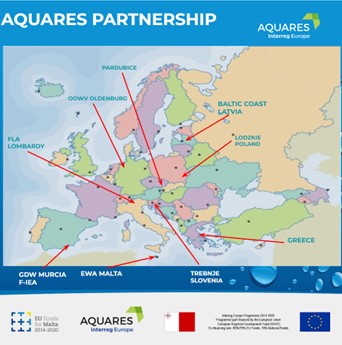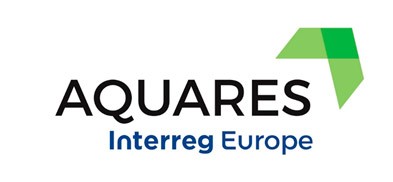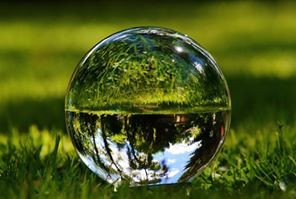The 7th Concept Note of AQUARES
Water reuse is a suitable strategy to promote resource efficiency in water-scarce areas in Europe, and to profit from opportunities in the expanding water market, thereby alleviating pressure on wetlands and littoral areas of Europe. The European Commission’s “Strategic Implementation Plan of the European Innovation Partnership in Water” was set in place to promote and support efficient water management in Europe, where water scarcity is estimated to affect 11% of its population. Climate change is expected to further increase the population percentage being affected by water scarcity and can also be considered as one of the main drivers pushing demographic migrations.
In this context, the AQUARES project’s overarching goal was to support authorities to initiate efforts, join forces and exchange experiences to:
- Identify viable strategies to utilise water reuse to confront efficient uses of water
- Make the most of EU financing tools
- Promote dialogue to address conflicting interests
Stakeholder discussions on themes related to the identification of common challenges related to the adoption of water reuse technologies within partner territories have enabled the realization of best practices implemented in partner regions and how these can be replicated within other territories. Through this approach, a best practice repository was developed as part of the project objectives, which further facilitated the selection of best practices for water reuse that water managers can tap into.
The achievements of AQUARES were then transformed into nine Action Plans (representing the nine different partner territories participating in the project), which propose different activities that need to be implemented within their territories to facilitate or enhance the adoption of water reuse in an economically attractive and circular approach. Project partners were then entrusted to implement these action plans during Phase II of AQUARES, to ensure a sense of continuation and replication of the project.
Now that the project implementation period is coming to an end, the final dissemination event will showcase these action plans and present to the wider community how they have been implemented by the project partners. The discussion will revolve around the challenges and enables that implementing partners have faced during this process, including the identification of funding opportunities, and innovative solutions for resource recovery, efficiency, and wastewater reuse safety procedures. The discussions will also involve water utilities, policymakers and interregional authorities that support the adoption of a circular economy and non-conventional water resources to adapt to water scarcity and future challenges related to climate change.




